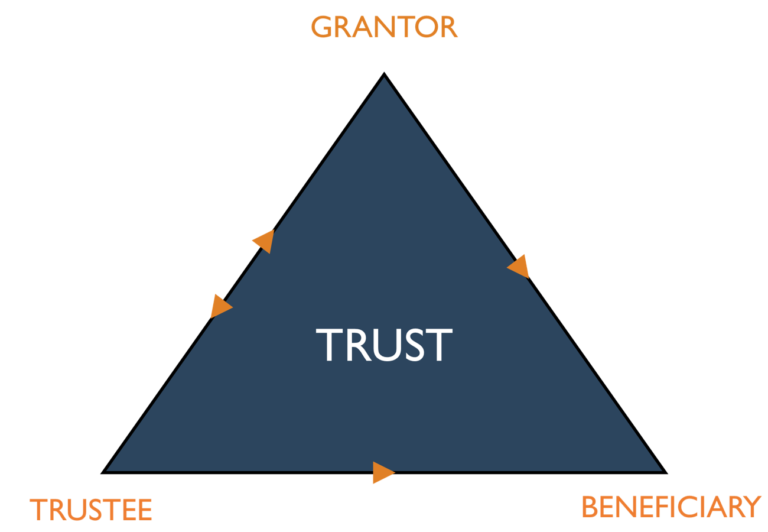
Estate Planning Challenges in Blended Families
We have seen some step siblings able to all get along fine but they seem to be the exception. More likely, one sibling feels divided loyalty to the birth parent, not the step-parent.

We have seen some step siblings able to all get along fine but they seem to be the exception. More likely, one sibling feels divided loyalty to the birth parent, not the step-parent.
How can you prepare your children to handle the assets they’ll eventually inherit?

As family caregivers, we play many roles: scheduler, money manager, house cleaner, health aide, nurse, navigator, nurturer and more. Perhaps the most important role, though, is advocate, as we ensure the best life possible for our loved ones when they are vulnerable.

Taking care of an aging or ill family member can be enormously rewarding but also exhausting and emotionally draining.

Every family has one–or maybe more–black sheep. They’re people who march to their own drum and handing them an inheritance could be problematic.

Even those with thorough estate plans might have neglected to discuss details with potential heirs.

After a loved one passes, one of the biggest hurdles families face is passing wealth onto the next generation. Unfortunately, family dynamics can spur conflict and infighting among descendants.

If you are the parent of a person with special needs, you are well aware that the role you play is very different than it may be for other children. Properly planning to meet their financial needs, both in the immediate and long term, is a critical part of supporting your child. This support must often continue well past the typical age of adulthood, which means parents need to put in place financial tools to care for their children, in the event of the parents’ death.

As parents, we often want to help our adult children who need a financial boost. Many times, this assistance comes in the form of a loan.

Do you expect your parents to leave you a financial legacy? Nearly half of working-age Americans assume that they will receive an inheritance that will support them later in life, according to a survey by financial services company HSBC. Perhaps the bigger question, though, is how to even approach this topic with your parents.